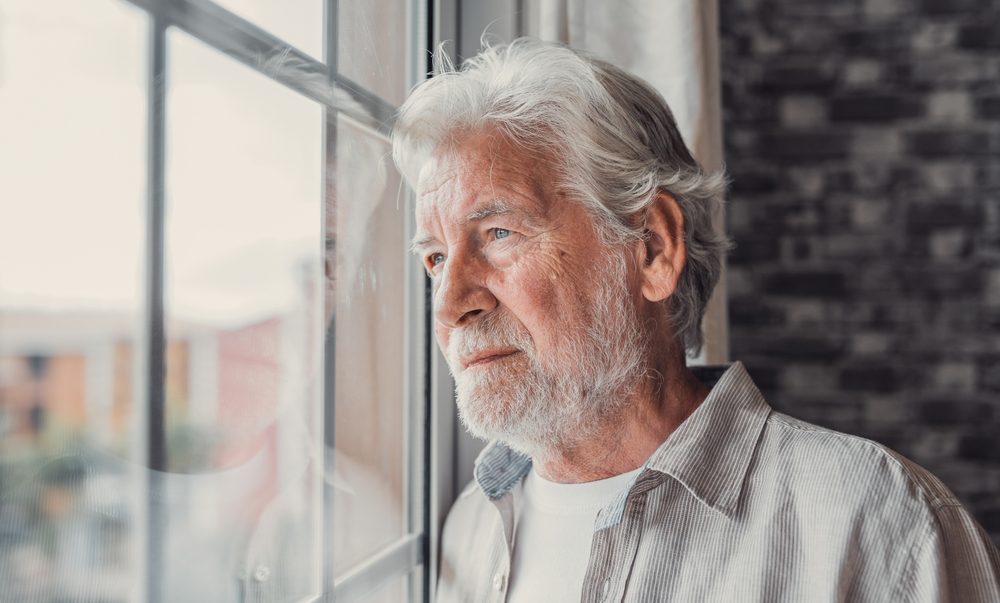Recognizing and preventing elder abuse


Each year on June 15, World Elder Abuse Awareness Day shines a light on a serious, often hidden issue affecting older adults across the globe: elder abuse. It’s a difficult topic—but one we can’t ignore.
Elder abuse can take many forms. It can be physical, emotional, financial, or involve neglect—and it doesn’t always come from strangers. Sadly, it often comes from people in a position of trust: family members, caregivers, or others close to us.
Why awareness matters
The first step toward prevention is recognition. Elder abuse is often underreported, partly because it can be hard to spot—or hard to talk about. But the consequences can be devastating, impacting not just physical health, but emotional well-being and financial security.
Knowing the signs can help you protect yourself and others. These may include:
- Unexplained bruises or injuries
- Sudden changes in mood, behaviour, or social withdrawal
- Missing money or changes to banking habits
- Poor hygiene, lack of food or medication
- A caregiver who seems overly controlling or isolates the person from others
You have the right to be safe and respected
As we age, our dignity, autonomy, and well-being must be protected. Everyone deserves to feel safe, heard, and respected—whether at home, in care settings, or in the community.
There are steps you can take to reduce your risk:
- Stay connected. Isolation is one of the biggest risk factors for elder abuse. Maintaining strong social ties with friends, neighbours, and community groups can help.
- Be informed. Understand your financial rights and keep important documents safe. If needed, seek advice from a trusted advisor or lawyer about powers of attorney or wills.
- Ask for help. If something feels wrong—whether it’s a gut feeling or a clear warning sign—don’t hesitate to reach out. There are services, helplines, and legal resources to support you.
For caregivers and families: Support without harm
Sometimes, abuse isn’t intentional. Caregivers may feel overwhelmed, stressed, or unsupported—and in these moments, neglect or emotional harm can occur.
If you’re caring for an older adult:
- Don’t go it alone. Reach out to community supports or respite programs.
- Take care of your own health to avoid burnout.
- Communicate openly and ask for help when you need it.
Talking openly about elder abuse is one of the most powerful tools we have to prevent it. Whether you’re concerned about your own situation or worried about someone else, you’re not alone—and there’s help available. Together, we can create communities where everyone can age safely, with dignity and respect.
McMaster Optimal Aging Blog Posts are written by faculty, staff, PhD students, and external collaborators, and are assessed for accuracy by members of the Portal scientific leadership team.
DISCLAIMER: These summaries are provided for informational purposes only. They are not a substitute for advice from your own health care professional. The summaries may be reproduced for not-for-profit educational purposes only. Any other uses must be approved by the McMaster Optimal Aging Portal (info@mcmasteroptimalaging.org)